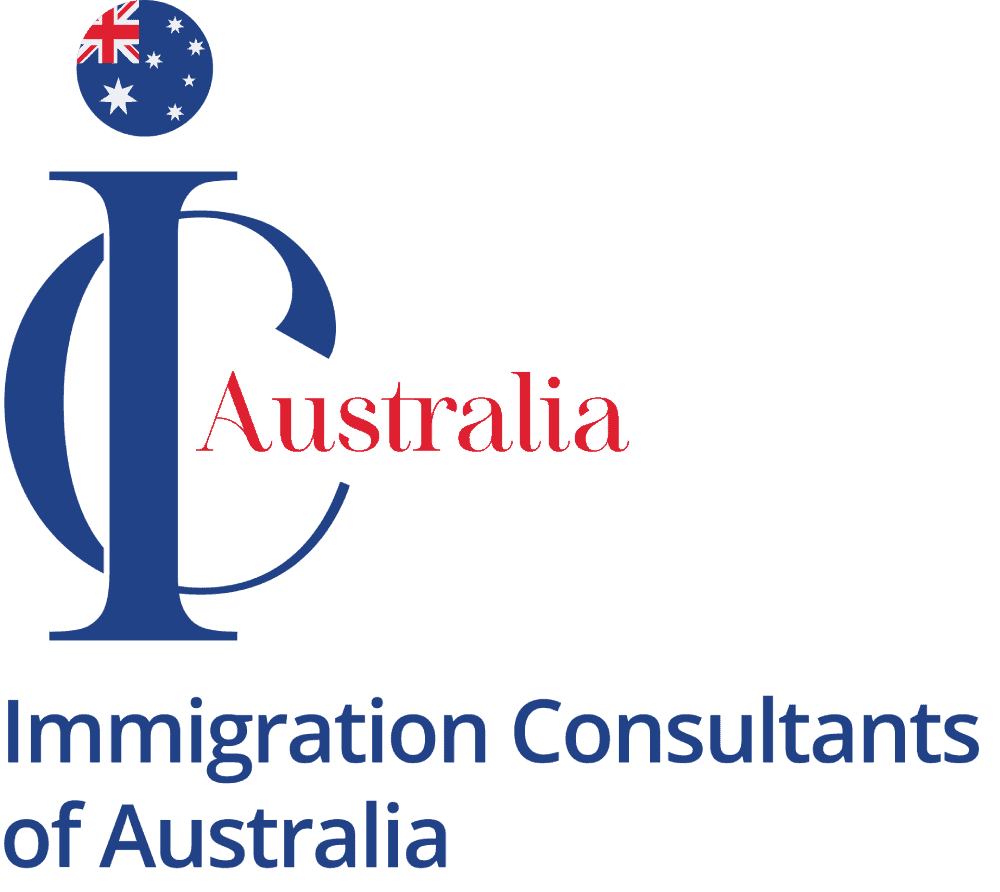For newcomers planning a move to Australia, one of the first and most essential steps is renting a home in Australia. The Australian rental market is competitive and fast-paced, particularly in major cities such as Sydney, Melbourne, and Brisbane. Understanding the rental process, your rights as a tenant, and the expectations of landlords is key to a smooth transition.
In this guide, we’ll walk you through the essentials of renting a home in Australia, what documents you’ll need, common costs, and how IC Australia can support you during your relocation journey.
Understanding the Process of Renting a Home in Australia
Australia has a diverse and regulated rental market. Rental homes range from apartments (often called “units”) to standalone houses, townhouses, and share accommodations. Properties are listed either unfurnished or partly furnished, and leases typically run for 6 to 12 months.
Real estate agents manage most rentals, although private landlords are common, especially in regional areas.
Documents and Requirements to Rent
To apply for a rental property, you’ll usually need to submit a formal application, including supporting documentation.
Most landlords require proof of your ability to pay rent and references from previous landlords or employers.
Common documents include:
- Proof of identity (passport, visa)
- Employment letter or pay slips
- Bank statements
- Rental history or reference letters
- Visa status and duration
Real estate agencies often use a 100-point ID check system, which assigns points to each document you provide. It’s important to prepare these in advance.
Average Prices for Renting a Home in Australia (2025)
Rental costs vary significantly depending on the city and suburb. Here’s a general idea of current weekly rents:
- Sydney: AUD 700–950 (2-bedroom apartment)
- Melbourne: AUD 600–800
- Brisbane: AUD 550–750
- Perth: AUD 500–700
- Adelaide: AUD 450–650
Regional towns offer more affordable options but may have fewer listings. Use platforms like Domain and Realestate.com.au to explore up-to-date pricing.
Upfront and Ongoing Costs
In addition to weekly rent, be prepared for:
- Bond: Usually 4–6 weeks’ rent held as security
- Advance Rent: 2–4 weeks paid upfront
- Utilities: Not always included. You may need to set up electricity, water, gas, and internet
- Application Fees: Generally not charged in Australia
The bond is held by a government tenancy authority and returned at the end of the lease, assuming the property is in good condition.
Your Rights as a Renter
Each state in Australia has specific tenancy laws to protect both renters and landlords. You are entitled to:
- A safe and habitable property
- Written lease agreement
- Reasonable notice before inspections or entry
- Timely repairs and maintenance
You can learn more about state-specific laws at:
Furnished vs. Unfurnished
Most long-term rentals are unfurnished, so you may need to purchase basic items like a fridge, washing machine, and bed. Shorter leases or student accommodations may offer furnished options, but these usually come at a premium.
Tip: Look into second-hand marketplaces like Facebook Marketplace, Gumtree, or IKEA for affordable furniture.
Inspections and Applications
Properties move quickly in major cities. To increase your chances:
- Attend inspections early and arrive with documents ready
- Introduce yourself to the agent or landlord
- Submit your application promptly with a strong cover letter
Some properties allow virtual tours, which can be helpful if you’re applying from overseas.
Regional Renting Advantages
If you’re open to regional areas, you may benefit from lower rents, quieter communities, and faster processing for certain visa programs like the Skilled Work Regional (subclass 491) visa.
How IC Australia Can Help
At IC Australia, we understand the challenges of settling into a new country. Our experts:
- Guide on choosing the right city or region for your lifestyle and career
- Help connect you with trusted rental resources and relocation partners
- Offer visa support to ensure your documentation aligns with lease requirements
- Support you in building a solid application and avoiding common rental pitfalls
Visit IC Australia to schedule a consultation and get tailored assistance.
Final Thoughts
Renting a home in Australia can be overwhelming at first, but with the right knowledge and support, it can be a smooth and rewarding experience.
Understanding how the system works, what documents are required, and your rights as a tenant will empower you to make informed choices.
Whether you’re relocating to Sydney, exploring Adelaide, or starting fresh in regional Queensland, IC Australia is here to support your journey from visa to new home. Contact us today!


